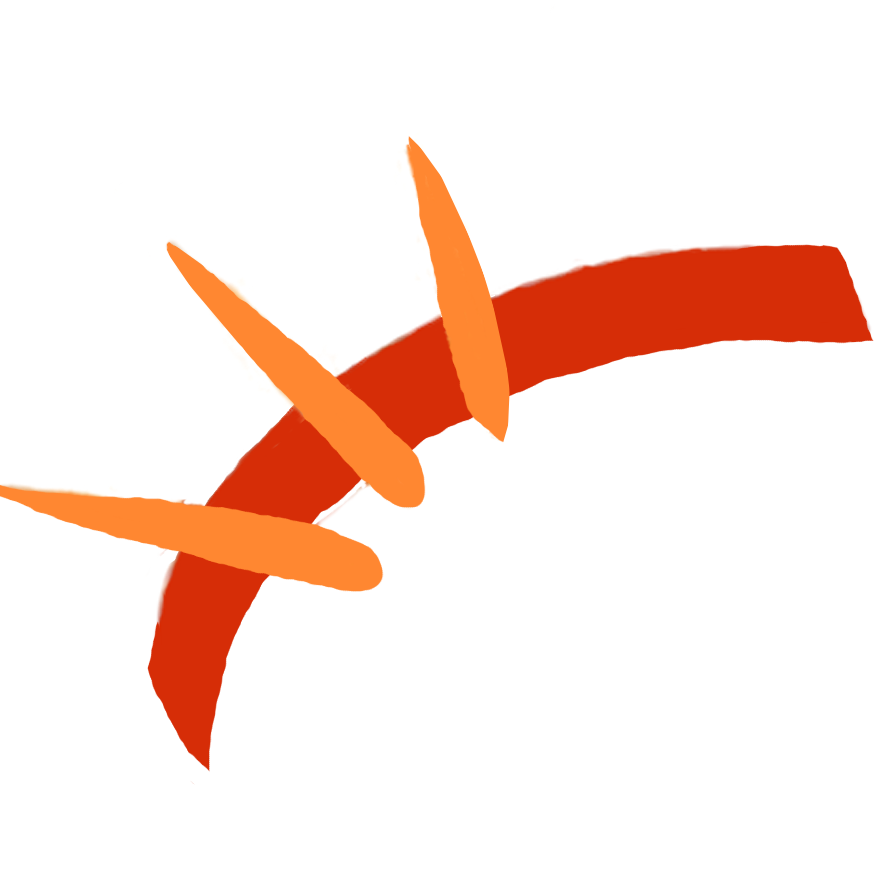Currently, the Kurdish people do not have an internationally recognized nation-state. However, in Iraq the Kurdish region is largely run autonomously from the federal government. In Turkey and Iran, however in, the Kurdish regions are largely regulated by the national governments in Ankara and Tehran, so education is conducted in Turkish and Persian (Farsi) and most television, radio, and public signage is also in the so-called national languages. In Iran at least, local (provincial) governments and communities have Kurdish-language radio stations and television channels (but they are the minority – in most cases there is only one Kurdish language network or radio station, but there are a dozen or more Persian-language sources). Note that all media is state-owned.
Kurdish is less threatened than it may appear, however. The Kurdish people are stereotypically stubborn, and tend to teach their children their own language, and to conduct their own lives and business entirely in Kurdish. While Kurdish is a language family consisting of a highly diverse dialect chain, it is perhaps largely inter-intelligible and robustly maintained within its communities.

